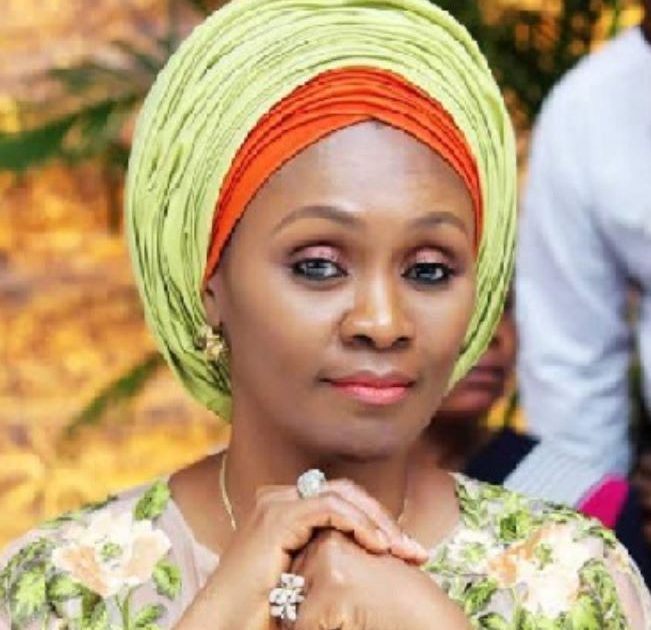The spouses of Nigeria’s 36 state governors convened in Abuja for a media and leadership retreat, aptly titled “Leading With Impact.” Their primary objective was to enhance their communication strategies and media engagement skills to amplify the impact of their social intervention initiatives. These First Ladies, often perceived as ceremonial figures, play a significant role in addressing critical social issues, complementing the developmental programs of their respective state governments. However, a prevailing concern voiced at the retreat was the lack of adequate visibility and recognition for their substantial contributions. They expressed a desire for greater media attention and public awareness of their efforts, which often go unnoticed despite their impactful work in areas such as maternal health, education, gender-based violence, and economic empowerment.
The First Ladies emphasized the vital role they play in bridging the gap between government initiatives and the needs of vulnerable populations. They often serve as the crucial link between policy and practical implementation, addressing social challenges that might otherwise be overlooked. Their work extends beyond ceremonial duties, encompassing active engagement in community development projects and advocacy for improved social welfare. This retreat served as a platform for them to collectively address the challenge of limited visibility and to equip themselves with the necessary tools to effectively communicate the scope and impact of their work. The goal was to empower them to become more effective advocates for their causes and to ensure that their contributions receive the recognition they deserve.
Representing the collective voice of her colleagues, the First Lady of Ogun State, Bamidele Abiodun, highlighted the significant contributions of First Ladies across the nation. She underscored their tireless efforts in supporting communities, often working behind the scenes to address critical social needs. Despite their dedication, she lamented the underrepresentation of their voices and the lack of public awareness regarding their impactful initiatives. The retreat, she emphasized, was a crucial step towards changing this narrative. It provided a platform for these influential women to hone their communication skills and develop strategies to amplify their voices, ensuring that their work receives the attention and recognition it deserves.
Abiodun urged her fellow First Ladies to leverage the training provided at the retreat to enhance their communication abilities. She emphasized the importance of communicating with clarity, confidence, and conviction, recognizing that their stories have the power to influence policy, shape public perception, and inspire positive change. She underscored the responsibility that comes with their visibility, advocating for a proactive approach to communication and media engagement. Their enhanced visibility, she argued, is not about personal vanity but about effectively communicating the impact of their work and advocating for the needs of the communities they serve. It’s about leveraging their platform to drive positive change and improve the lives of vulnerable populations.
Emmy Award-winning journalist and former CNN Africa Senior Editor, Stephanie Busari, facilitated the retreat through her firm, SBB Media. Busari underscored the evolving role of First Ladies, highlighting their increasing engagement in social intervention, advocacy, and policy mobilization across various sectors. She acknowledged the significant contributions they make in addressing critical social issues, emphasizing their often-overlooked role in areas such as maternal health, education, gender-based violence, and economic empowerment. Busari lamented the underreporting and undervaluing of these contributions, attributing it largely to limited access to structured media training and public strategy support.
Busari emphasized the importance of the First Ladies’ work, particularly in areas often overlooked by governors. She highlighted their unique position to identify and address specific community needs, particularly those affecting women and children. The retreat, she explained, aimed to equip them with the necessary tools to communicate their initiatives effectively, ensuring that the public, and especially the media, are aware of available resources and the positive impact their work is having on communities. The goal was to empower them to become more effective communicators and advocates, ultimately leading to greater recognition of their vital contributions to social development and improved access to crucial resources for those in need.














